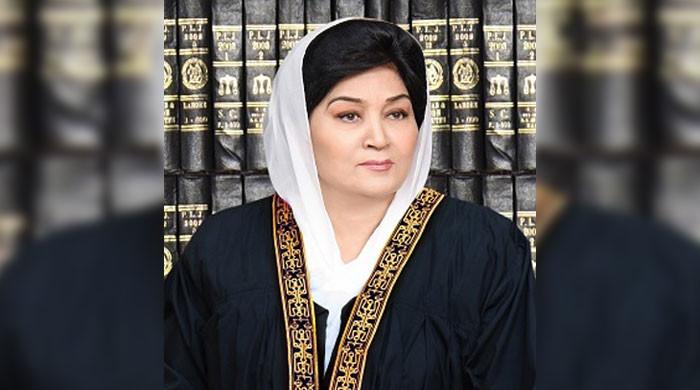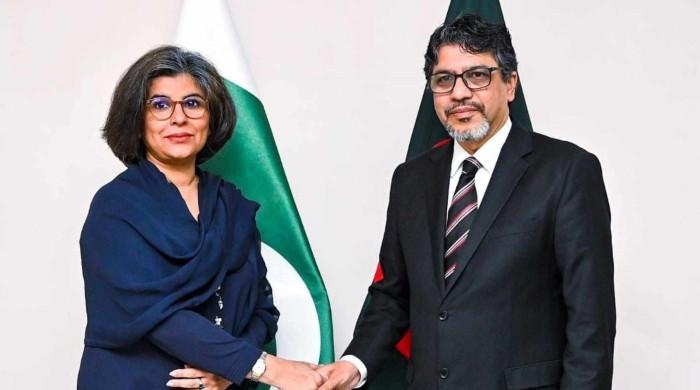Medical varsities decide to adopt single curriculum for postgraduate training
New curriculum will be based on six competencies that will be used to assess a trainee
February 09, 2021

- Under new system, students to be granted weightage for different competencies
- Postgraduate training model to be based on ACGME model of USA
- Under new system, 360-degree multi-source feedback will be used to assess trainees
RAWALPINDI: Medical varsities of Punjab, Sindh, Balochistan and the federal capital on Monday agreed to develop a single standard curriculum for postgraduate training of doctors in the country based on a US model.
They will use the ACGME (Accreditation Council for Graduate Medical Education) model of USA and university residency program, reported The News.
Rawalpindi Medical University Vice Chancellor Professor Muhammad Umar told the publication that the curriculum will be based on six competencies which include patient care, medical knowledge, professionalism, communication and interpersonal skills, practice-based learning and system-based practices.
Read more: PMC, UHS Lahore discuss issues regarding medical education in Punjab
The professor explained that the students will be granted weightage for different competencies. As per the breakdown of patient care, medical knowledge will have 40% weightage, professionalism will be 30% and other two 20% are combined with the seventh competency which is research; it will be given 10% weightage.
“The curriculum will shift the paradigm of post graduate medical education from exam oriented to training oriented. Specialist doctors will be trained continuously over four-year and five-year programmes and 75% weightage will be given to continuous internal assessment rather than examination,” said Dr Umar.
The vice-chancellor explained that continuous internal assessment will be formative as a trainee will be given continuous feedback to improve themselves by the supervisor and department of the medical university they will be attached with.
Read more: Punjab govt to scrap 283 seats for admission to medical, dental colleges
The clinical skills will be assessed by a workplace-based assessment system for Directly Observed Procedures (DOPs) and case-based discussions (CBDs).
Under the new curriculum, another method of training and assessment will be 360-degree multi-source feedback. This assessment will be done after every six months and will be given weightage in the final summative assessment.
Professor Umar further added that the research model of the university residency programme is well structured, credible and spread over four or five years depending on the programme.
Read more: Here's a list of PMC recognized medical and dental colleges in Pakistan
The VC explained that each year a trainee will have to write a paper in a specific journal (resident research journal) and it will have to be published by a resident’s editorial board which is unique in Pakistan.
The trainee will also have to complete the mandatory workshops and, during training, will attend research lectures as specified in the UK, USA training programmes. There is a well-designed curriculum of research and logging system. There will be 10% weightage of research in the final program.
According to Professor Umar, based on an ACGME model, the university residency programme will remove all the deficiencies in 100 years old university-based medical education and will be parallel with any other modern system in the world and accepted in the Middle East.
There are six public universities in Punjab, one in KP, one in Balochistan and four to five in Sindh. It is hoped all will adopt the university residency programme. There are two systems of postgraduate system education in Pakistan - fellowship program of CPSP and MD/MS program of universities and Royal College UK also established their examination system in Pakistan last year.











